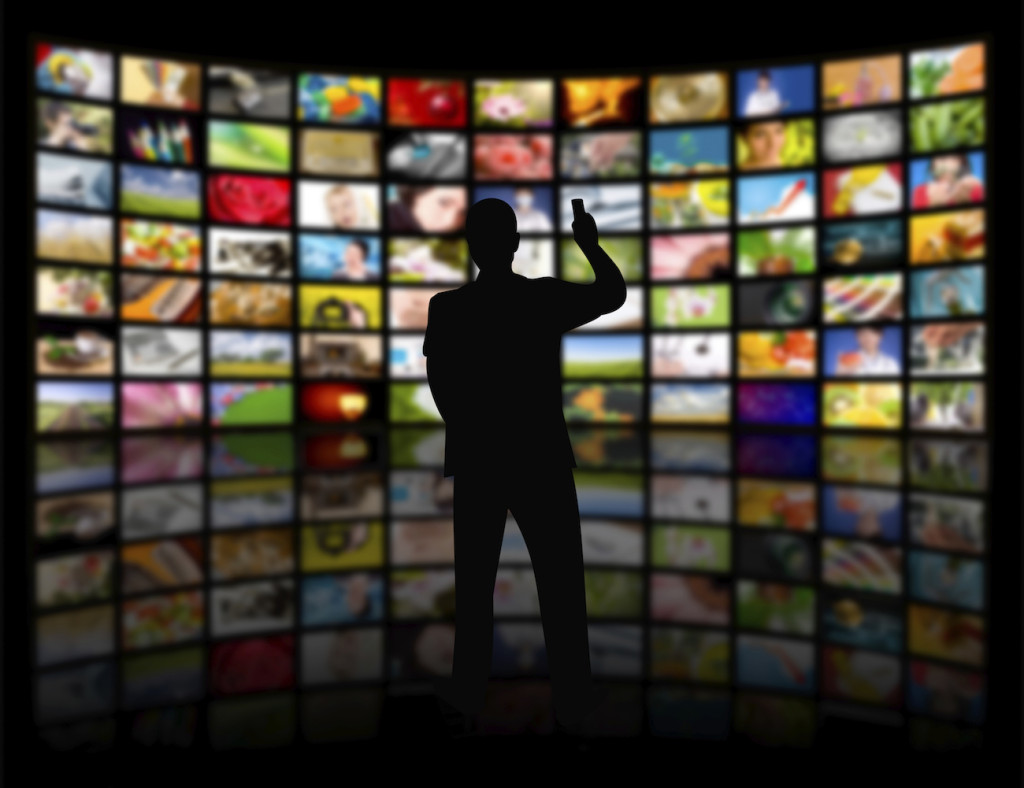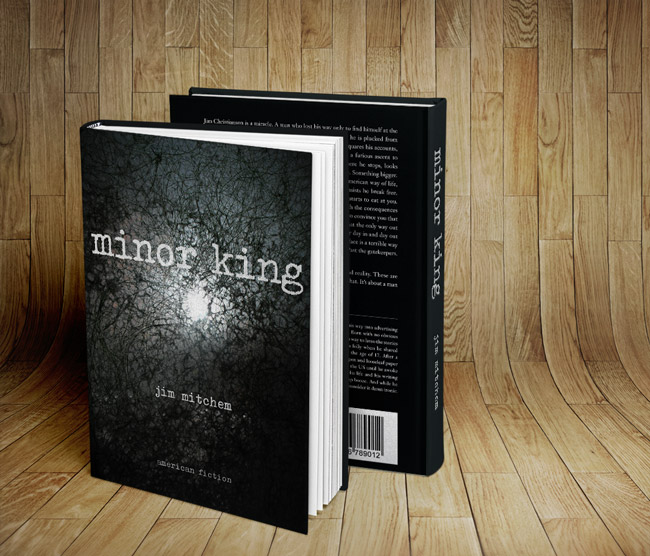
My mom called from Texas today to make sure that we were going to survive the hurricane. She’d heard that NC was under attack from God. It was the second call this week about it. I told her that we had nary a drop of rain in the forecast, and that NC is a very wide state. Just not as wide as Texas.
“Well I’ve been watching the news and they’re talking about how bad it’s going to be there–so I wanted to call and make sure you all had bike helmets.” she said.
“Bike helmets?”
“Yes, for when you go into the basement.”
“When do we go into the basement?” I asked.
“For when the tornadoes come. You’ll know they’re coming because they sound like a freight train and the sky will turn green.”
“Green?”
“Yes. That’s what they said on the Weather Channel.” she concluded.
I didn’t have the heart to tell her that she was a victim of advertising. You see, the Weather Channel, like all media, relies on advertising to pay their bills. They justify advertising rates (which fluctuate) based on how many people watch their channel. Or visit their website. Or open their iPhone app. Every eyeball is a dollar sign. And so how do they attract as many eyeballs as possible? Just like they do during Prime Time–with drama.
Last year I had a falling out with a friend who works for one of the “Big 3” national TV networks. He’s a hardcore journalist who believes that what he does, reporting on the news, is an honorable charge. And it is. It’s just that the concept of news has changed. I told him I believed that the only reason the news aired at all is because of advertising. And that the stories that get the most play are the ones that draw the most controversy–much the same way people slow down to look at an accident three lanes over. News agencies don’t exist without advertising dollars, advertising dollars don’t arrive without eyeballs, and eyeballs are attracted to sensationalism–not actual news. It’s why the website for your local news station features mug shots on its homepage. Those mug shots aren’t there because public intoxication is important news, but because the station has statistics proving that people click on them. When people click on them, they can justify advertising rates. And advertising is what keeps the lights on.
Hell, I’m convinced that the reason that soccer, the world’s most popular sport, isn’t bigger in the US is because, aside from halftime, there are no routine breaks for advertising. In the US we use breaks in play during our sporting events to run ads. Sure, other countries have figured out ways to capitalize from advertising during soccer matches, but we’re slow to change in this country. We like things the way we like them. And we like them with TV timeouts.
Train wrecks grab eyeballs. Eyeballs justify ad rates. Advertising rules the world.
Now excuse me while I go rustle up some bike helmets.
Oh, oh, and also? This –
***

Addie K Martin
Jul 6, 2014
This is exactly why I avoid the news and watch minimal TV. Advertising is everywhere, nearly inescapable in this world, but I am to minimize my exposure to it.
Also, interesting point about soccer. I think you’re spot-on. Have fun in Belize! 🙂
Sensationalism is the New Sex | obsessed with conformity
Jun 20, 2015
[…] Sensationalism sells. And money drives the bus. Shame on us. […]
The Media Monster and the American Dream
Sep 24, 2016
[…] Did you know that the content you consume on your television was created to generate revenue for the network that creates/distributes that content? How do they do that? Commercials. The advertising you see during breaks of Modern Family cost those companies a LOT of money. Those ads cost a lot to create and produce, but mostly to place on television in front of your eyeballs. This goes for every show on every network on television. From sitcoms to sports to yes, the news. Here’s a good post that explains this phenomenon. […]
I Love You
Apr 4, 2018
[…] The media shoves these themes down our throats because we can’t keep our eyes off of them, and eyeballs equal revenue. However, in the age of accelerated connectivity, it’s pretty cool that we have the […]